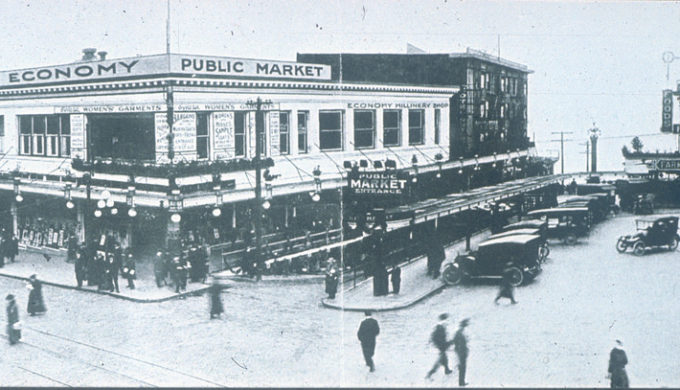According to the U.S. Bureau of Labor and Statistics, the national unemployment rate is the lowest it has been in 10 years. That means the employment rate is higher than it has been since 2007. But statistically, a lot of your ability to find gainful means of employment (especially for recent college graduates) may depend heavily on where you live.
A recent study conducted by Wallet Hub compiled data regarding the best and worst cities for employment in the country. The study took the 150 largest U.S. cities and compared them across 23 different job market indicators. Below you will see some of the findings and see how Texas cities stacked up.
Photo: Flickr/Aaaarrrrgggghhhh!
Coming in at #1 overall was Scottsdale, Arizona followed by Plano, Texas at #2. Scottsdale received the #1 rank in the “job market” category and the #2 spot in the “socioeconomic environment category,” propelling it to the top. Plano was ranked #4 in the “job market” category. Rounding out the top five cities were Orlando, Florida at #3, Sioux Falls, South Dakota at #4, and San Francisco, California at #5.
At the bottom of the list were Buffalo, New York (#146), Newark, New Jersey (#147), Bakersfield, California (#148), Fresno, California (#149), and Detroit, Michigan (#150).
How did other Texas cities fare? Garland received the #17 ranking overall with a ranking of #9 in the “job market category.” Dallas and Austin came in respectively at #21 and #22. Austin also received the #1 ranking in the lowest overall unemployment rate. The lowest ranking for a Texas city was Brownsville at #128 overall.
Photo: Flickr/Seattle Municipal Archives
What does the job market look like for these cities in 2017? Ryan Nunn, Policy Director for the Hamilton project suggests that one of the most challenging aspects of the current and future job market are knowing the type of skills employers will be looking for. “To be successful in the modern labor market, workers increasingly need a wide variety of so-called cognitive skills non-cognitive skills,” Nunn said. The non-cognitive skills listed by Nunn were perseverance, conscientiousness, and social skills.




